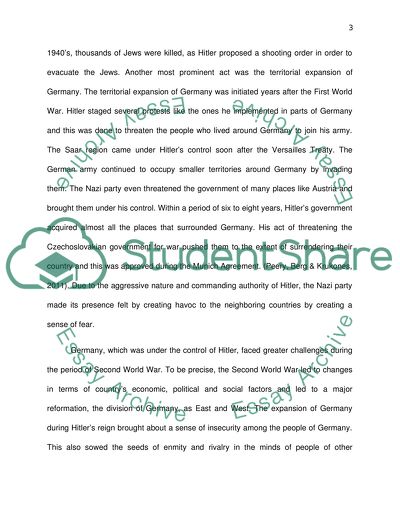Cite this document
(“The Influence of the Nazi Party. East vs.West Germany. Aftermath of Essay”, n.d.)
Retrieved from https://studentshare.org/history/1431200-the-influence-of-the-nazi-party-east-vswest-germany-aftermath-of-the-collapse-of-communism
Retrieved from https://studentshare.org/history/1431200-the-influence-of-the-nazi-party-east-vswest-germany-aftermath-of-the-collapse-of-communism
(The Influence of the Nazi Party. East vs.West Germany. Aftermath of Essay)
https://studentshare.org/history/1431200-the-influence-of-the-nazi-party-east-vswest-germany-aftermath-of-the-collapse-of-communism.
https://studentshare.org/history/1431200-the-influence-of-the-nazi-party-east-vswest-germany-aftermath-of-the-collapse-of-communism.
“The Influence of the Nazi Party. East vs.West Germany. Aftermath of Essay”, n.d. https://studentshare.org/history/1431200-the-influence-of-the-nazi-party-east-vswest-germany-aftermath-of-the-collapse-of-communism.


